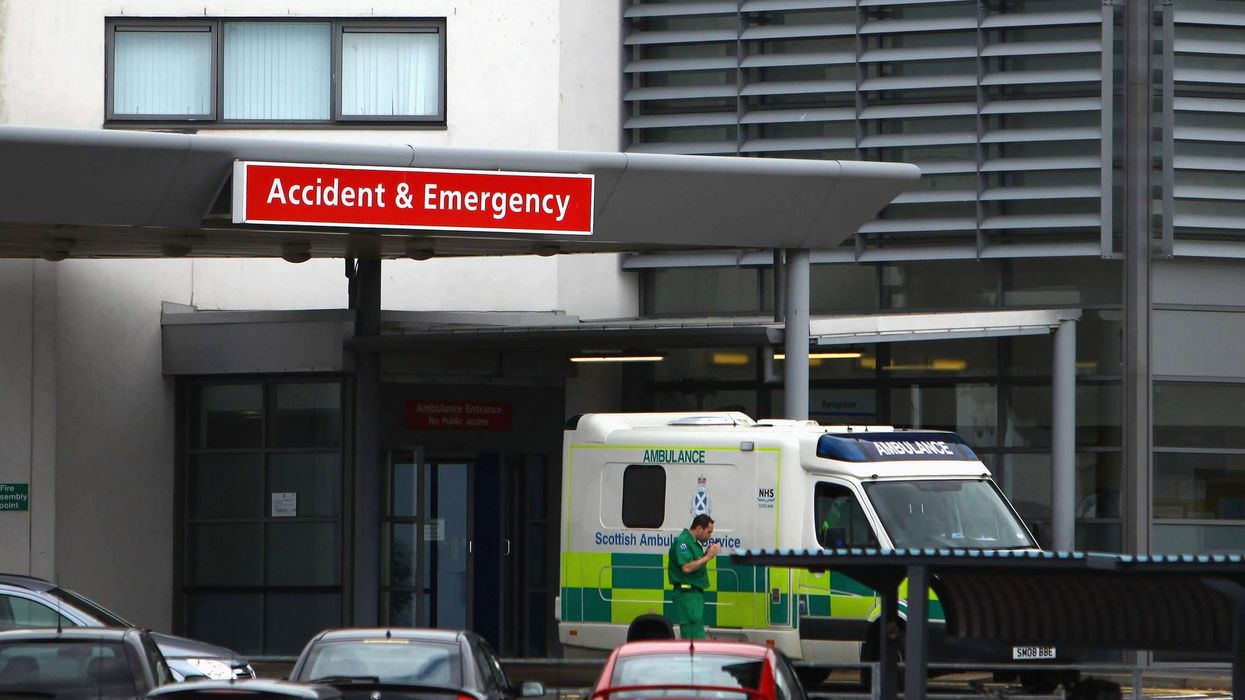Senior academic pharmacist Dr Mahendra Patel said pharmacy owners should engage their staff to help steer a positive dialogue if they are serious about mitigating Covid-19 risks.
He was speaking at the first Pharmacy Business virtual roundtable earlier this month which explored how best pharmacy workers from black, Asian and minority ethnic (BAME) backgrounds can be protected during a pandemic, and what lessons can be learnt from the Covid-19 experience.
A recent Pharmacists’ Defence Association (PDA) survey found that less than 39 per cent of community pharmacy employers have carried out a risk assessment of their team for COVID-19.
In June, a joint survey conducted by the Royal Pharmaceutical Society and UK Black Pharmacists Association found that nearly two-thirds of pharmacy workers from BAME groups had yet to be risk-assessed for coronavirus.
Elsy Campos Gomez, president of UKBPA, told the roundtable that she was “expecting a much better response from everyone” and was “shocked” by what the survey revealed.
“Many of the employees have been left out and let down by their employers. Many of them are going to work but they are working with a lot of anxiety. Many tell me that the employers have got the capacity and resources, but they are not doing the necessary risk assessment.”
This follows repeated advice from the NHS asking pharmacy employers to complete Covid-19 risk assessment for various 'at-risk' groups including those from BAME backgrounds who comprise 47 per cent of the total national pharmacy workforce.
Kent contractor Amish Patel said the guidance from the government wasn’t clear enough and not many templates which suited his needs were around, but he used a common sense approach to risk assessing his members of staff at Hodgson’s pharmacy.
He said in a small community pharmacy set up the only pharmacist will potentially be on the frontline talking to customers whenever someone needed their advice. "There is no hiding away from that and if you're still feeling unsafe, we have to work within our means.
“Employees need to then stand up for themselves equally and say, ‘I am not coming to work’. And hopefully then more employers might just wake up.”
The Pharmacists’ Defence Association (PDA) last month published its own risk assessment tool for community pharmacy, asking contractors – in unequivocal terms – to carry out assessments for overall workforce safety and risks to individual members of staff.
Alima Batchelor, head of policy at PDA felt there was still a lot of work to be done to address the issue. But she warned that the onus was on pharmacy owners and organisations.
“There are requirements under Health & Safety Executives, if an employer is aware that an employee of theirs has contracted Covid-19 and is ill, or in a worse case scenario, has died, and it can reasonably be surmised or it's likely that they got that infection at work, the employer must report those to the Health & Safety Executive.”
She noted that “these things need to be looked at so that we can learn lessons and deal with future pandemics in a better way.”
Janice Perkins, superintendent pharmacist at Well Pharmacy, said that risk assessment at the multiple – which has about 45 per cent BAME staff – was well underway.
She has dedicated a member of her team from BAME background “to entirely spend their whole time” supporting the business as a Covid lead.
Well has also sought the guidance of Dr Patel on the multiple’s risk assessment as well as to ensure its messaging is appropriate to suit different sensitivities in a multicultural workforce.
“We're not being judged on the quality of our risk assessment, we're being judged and asked to take action on what we're going to do about the challenge that we're all facing,” Perkins noted.
Dr Patel, who’s also been providing guidance to LloydsPharmacy on risk assessing their BAME staff, said: “We've started this, let's do it properly. Because this is here to stay, not just Covid but we could build on it from a health inequalities' perspective, longer term, and how we can manage. We can use community pharmacy as being a clear vehicle, reaching out to communities out there and engaging them as part of the NHS long term plan.
“This is one way of reducing health inequalities wherever they've never been able to manage it successfully.”
He said people, including pharmacy staff, from BAME groups are reluctant at self-reporting because they are worried.
“Employers need to understand that and they need to make the atmosphere in that environment such that they may have issues in terms of health but make it such that they come out freely as much as they can. Empowerment side of it is a great opportunity.”











